Augmented reality will drive people out of the Internet and into the streets, presenting a number of pleasant surprises, but demanding an outrageous fee for it. We will learn to talk to microbes, creatively fight addiction, and will pay for services with knowledge and actions instead of money.
1. Headset for reading the emotions of the interlocutor
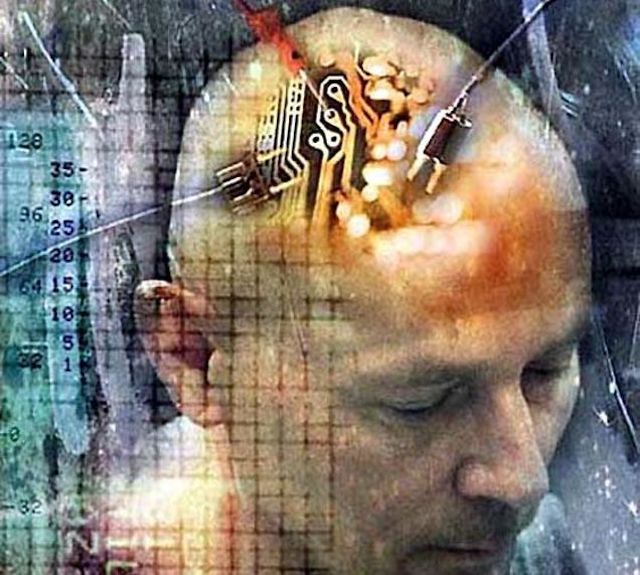
Medical implants, and especially devices implanted in the brain, remain the domain of science fans and inveterate geeks. Ordinary people prefer less frightening solutions, plus everyone is too lazy to master complex science, like an analogue of Morse code or Braille, for the precise, error-free transmission of thought forms. Therefore, in the next decade, we will only get a device that reads emotions, similar to the already available analysis of facial expressions via a smartphone camera. But such a signal can be attached to a tweet or a photo and played on the user's device - remote communication will become much brighter and more diverse.
2. New knowledge-based electronic currencies

The prototype of such a payment method is called "Edublocks", in essence it is very similar to Bitcoin, but has a very narrow application - exclusively in the field of online education. A kind of measure of the portion of knowledge received by a user who has studied a course of lectures or watched a master class on playing the guitar. Since the fundamental base will be the same for everyone, it will not be difficult to calculate the amount of his "enlightenment" by the number of Edublocks at a person's disposal. You cannot pay with this anywhere, except for the same thematic services - a simple and effective way to weed out idle blockheads from those who are drawn to knowledge.
3. Augmented reality to help with public speaking
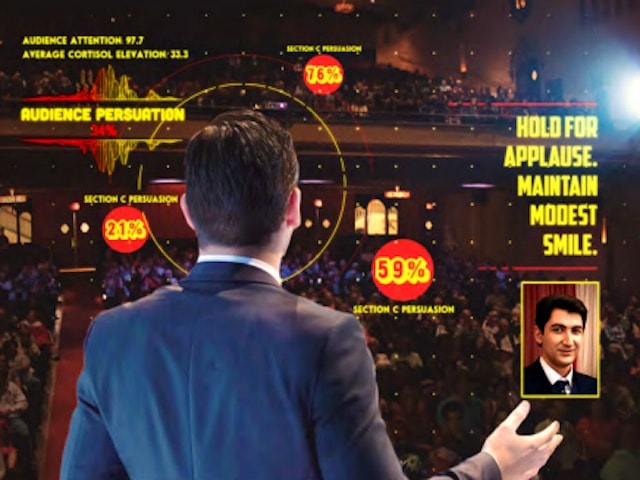
Stage fright is officially one of the most pernicious phobias that hinder people's personal development and progress in general. To allow the speaker to abstract from crowd control and focus on the subject of the speech, new technology will take care of analyzing the audience's reaction. In real time, with the help of suitable devices, such as "smart glasses" or a projector, a person will see emoticons instead of incomprehensible grimaces of the audience, read hints in large text instead of catching scraps of comments, receive advice on what to emphasize right now. A kind of multi-prompter of the 21st century.
4. Pretend Gender Change Pills

Gender identity has turned from a necessity into entertainment – if you adjust your testimony correctly, you can pretend to be any gender, even a fictitious one. The “I” has not yet been determined, what can you do? Troll your interlocutors, knock out benefits, impress your acquaintances, arrange a provocation – if there is a way, then the goals will be found. One of the methods will be drugs for a radical but safe change of the “hormonal cocktail” in the subject’s body. Nothing will grow back or atrophy, but the brain chemistry will change and you will be able to experience previously unknown sensations. Nightlife lovers in the decaying West are already enthusiastically assessing the opening prospects – give us new entertainment on the edge of a foul.
5. Golden Blood Sets

There are only 43 registered donors of "golden blood" in the world, aka a substance with the "Rhesus-null" indicator. Unlike all other blood subgroups, and there are more than 30 of them, this one can be transfused to anyone without fear. There are two problems - with such a number of donors, the coveted substance is a priori not enough to solve even a fraction of the problems, plus they themselves are almost doomed in the case of blood loss due to injuries - they need exactly the same blood and nothing else. The new technology will allow such donors to store their blood for exchange or trade in the long term, much longer than in conventional medical institutions. For the sake of preserving the rarest resource, it is not a sin to try, and after comprehensive development of the technique, it can be extended to other types of blood.
6. Living "dead" drinking water
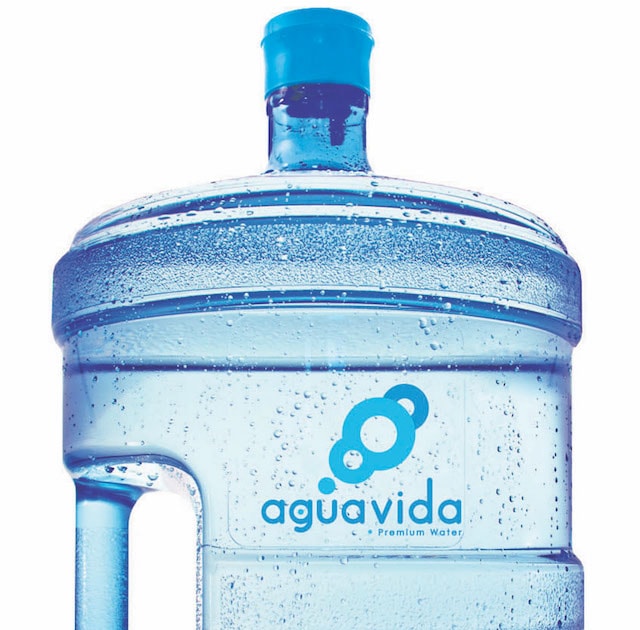
The topic of potential immortality in the Aguavida project is touched upon, rather, for advertising purposes. They say that our body is forced to filter external pollution from what we drink, eat and inhale, which is why it wears out before the required one hundred and fifty thousand years of existence have passed. The solution is to place a super filter in the neck of a drinking container, which will purify absolutely everything to a level close to distilled water. Or buy aromatic additives in an online store. Let's be realistic, it will not work to create a magic cup from fairy tales, in which no matter what you pour, everything turns into spring water. And a new accessory for healthy lifestyle fans may well gain popularity and turn into a planetary trend. Plus, if you drink only from a personal, "tuned" container, there will be fewer problems with the disposal of disposable containers.
7. Dialogue with the microbes inside us
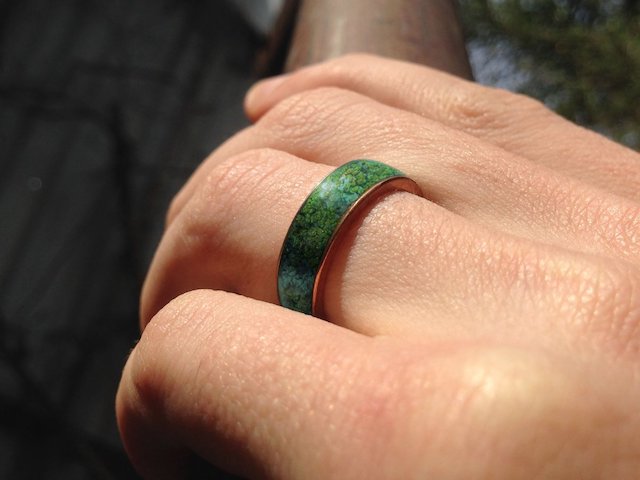
One-sided, more like monitoring the state of intestinal microflora in a clear and convenient form. In the new century, it is not appropriate to examine your tongue in front of the mirror, and taking tests as often as measuring your pulse and blood pressure is not convenient. However, you can place a probe with a Bluetooth transmitter in your favorite belly, the signal from which goes to the indicator ring. If it blinks blue - take activated carbon, if it changes color to pale green, then a rendezvous with the toilet is coming soon, and if it turns red, then call an ambulance before you get twisted with pain. And instead of the ephemeral "stomach hurts" people will understand much better what is happening to them. And maybe they will start washing their hands everywhere.
8. Public questionnaires of good deeds

Are the number of “likes” on social networks already valued more than the money in a bank account? It’s time to move on and create a numerical expression of an individual’s reputation, available for public study. Not he is a “good neighbor”, but “January: 15 deeds worth 5 points, 9 worth 3 points, and 1 worth -2 points (kicked the cat)”. Firstly, this will encourage people to do real things that benefit others, and not just repost “I sympathize too” pictures. Secondly, to record an action, instead of a fleeting click on a drawn button, confirmation from other people, witnesses, will be required, which will reduce the amount of empty information garbage. Of course, there will be ways to cheat, but after all, a bad start is always a bad start.
9. Guardian Angel in Augmented Reality

Someone, disregarding the doctor's advice and ignoring the reminders of the fitness tracker, instead of going for a walk, falls into a pub. A filled glass starts moving towards the mouth and suddenly a photorealistic image of an obituary appears on top of it, with the drunk in the leading role. For a drug addict, you can draw devils around a cauldron, for gluttons - worms and crawling reptiles in a bag of fast food. The system, based on the individual indicators of the body, analyzes what is happening through the gadget's camera and tries to keep the user from the temptation to cross the line in this accessible way. It can start signaling in advance, even trying to keep a shopaholic out of a store whose window is littered with "Discounts!" signs. Or it can be used in the opposite direction, highlighting those dishes at a buffet that contain products that are useful for you personally.
10. Brands for identifying individuals in augmented reality
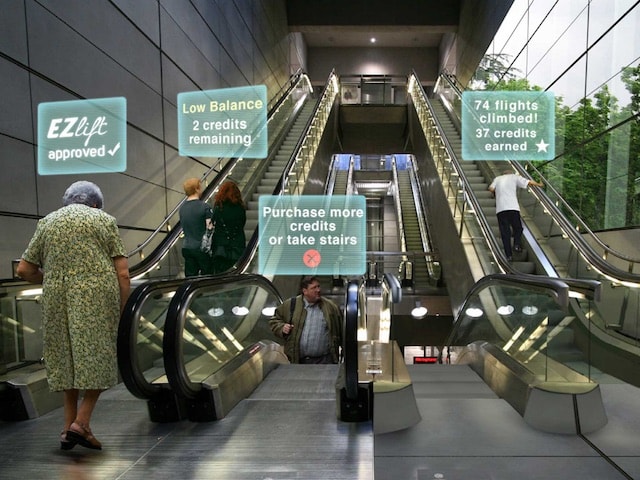
A "plus", comment or status can be put in a special field on a web page, or it can be drawn to a real person in augmented reality. It's easier and simpler, and at first everything will be fun and optimistic. People voluntarily join communities, like characters in computer games, walk around with signs above their heads saying "I want to meet" or "8.43 km covered today", and measure their achievements and creativity. The second stage will be marked by the activation of hackers and ill-wishers, messages will become less flattering, and the greedy commercial sector will catch up.
And then... people have always shown remarkable interest and skill in segregating their own kind, by any criteria, for the most contradictory purposes. By 2026, according to a number of critical forecasts, augmented reality will turn into a nasty, unrestricted reflection of the usual one. With an excess of advertising, spam, provocations and outright nastiness, for which their authors will be very difficult to punish. The flip side is that just as today's city dwellers strive to get out into nature, away from civilization, so in the next decade virtual parks, reserves and applications that clean the most ordinary city streets from drawn trash in augmented reality will be in demand.
Today it is difficult to imagine that not so long ago we lived in a world without smartphones, Instagram and even navigators. All these technologies, having entered our everyday reality, changed it so much that only science fiction writers could imagine such changes fifty years ago. Today, technologies are developing at such a rapid pace that not everyone can keep track of at least some of them. However, in the entire seething cauldron of modern technologies, we can highlight ten main ones. They will determine our near future and will become the basis for even more advanced technologies.
11. Reality will become truly virtual
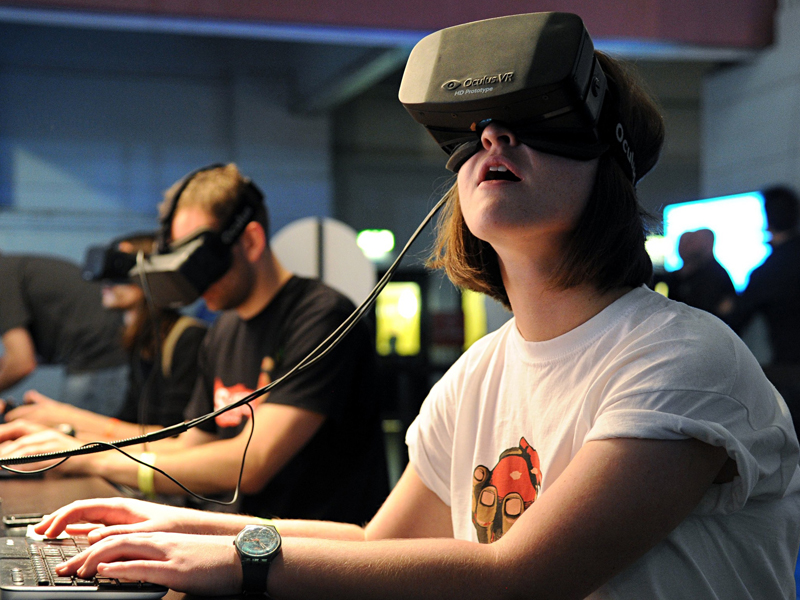
The Oculus Rift project to create virtual reality, which has been dreamed of since the early 1970s, is approaching its successful completion. The virtual reality headset will be launched into production in early 2016. Oculus Rift will be equipped with an operating system that will help establish contact between the glasses and all gadgets in the house, from a game console to a smartphone.
12. Eyes will become manipulators
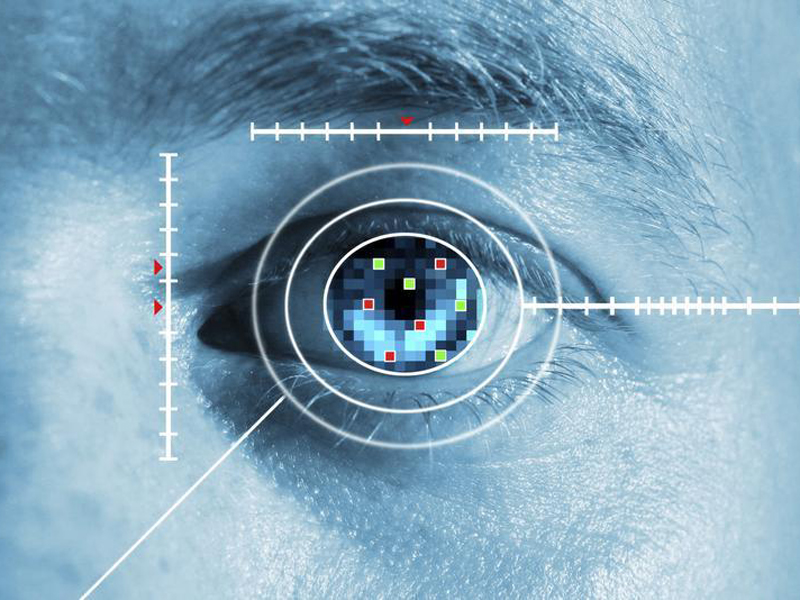
Eye tracking technology has already been created and tested in many experiments. It is used in both Oculus Rift and Google Glass and is becoming more and more accurate and capable. Eye movement is of particular interest to advertising - it seems that soon it will simply follow you wherever you look.
13. Driverless cars
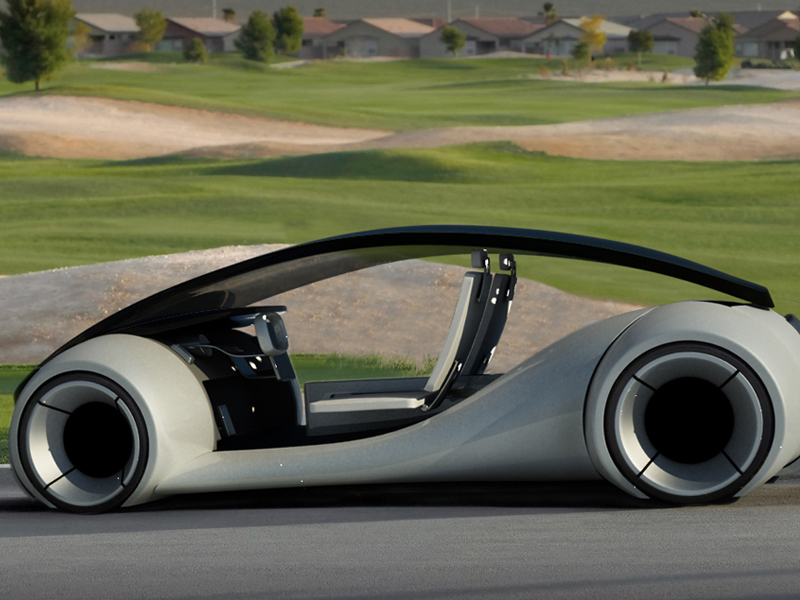
Last year, Google showed its project of a car capable of moving without human intervention. The project proved to be quite efficient, and the trend was picked up by professionals in the automotive industry - Mercedes and BMW. Self-parking of a car is now an option available even on budget cars. The question of when the car will switch to fully independent control and go on public roads will be decided from day to day.
14. You will talk to holograms

A performance by a holographic celebrity of the past will not surprise anyone. Michael Jackson has been performing for six years now, and the recent concert of the late hip-hop artist Tupac became a hit on the Internet. According to rumors, new stars will soon be launched - Billie Holiday and Whitney Houston. But holograms will not only be able to sing, but also interact with their creators. All known technologies, sensors and 3D technologies will work for this.
15. The sound will go into 3D format
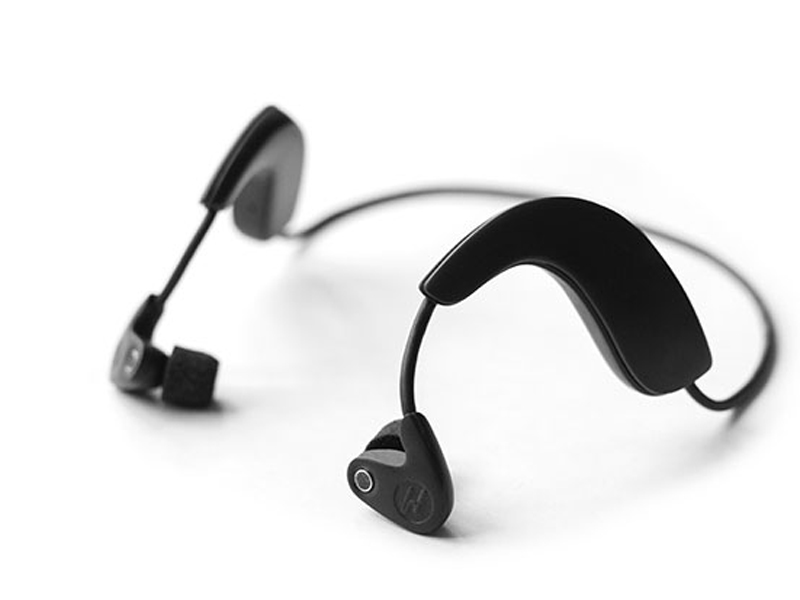
The method of emulating the brain's perception of sound is a rather expensive way to experience incredible audio sensations. Re-creating differences for the right and left ears - this technology has been around for many years, but expensive equipment has kept it in niche markets for a long time. Today, creating equipment for listening to binaural beats is much cheaper. Sound is moving towards the development of new horizons quite quickly, now it's a matter of the corresponding financial injections.
16. 3D printing of everything

When the hype around 3D printing began to wane, commercial organizations entered the business and real production of equipment for printing everything and anything began - from sex toys to artificial organs. The development of 3D printing technologies will be fast and amazing - perhaps in a couple of years we will be printing trinkets for ourselves every day, and doctors will have more and more advanced artificial organs in their hands.
7. Your clothes will be as smart as your phone

Don't be offended by clothing manufacturers if your fitness tracker soon becomes unnecessary. Companies like Hexoskin and OMsignal are developing various sportswear with sensors woven into the fabric. This solution allows you to monitor a variety of indicators and make much more accurate analyses of your activity.
18. Screens will be thinner and more flexible

Super-thin organic light-emitting diode panels that consume almost no energy and can be rolled up into a tube are our bright future, where the monitor can be placed wherever you want. Add to this waterproofness and resistance to mechanical impacts, an unprecedentedly long battery life, and you get an idea of how we will watch videos in ten to fifteen years.
19. Electricity will defeat gasoline
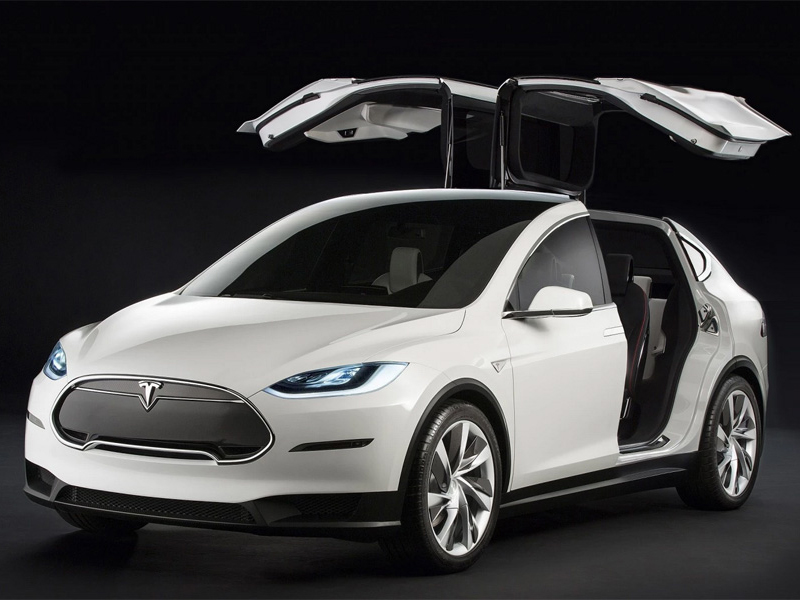
Rumors that Apple is planning to release its own electric car have been circulating in the tech community for several years now, but recently, another leak from an anonymous source has once again brought the topic to the top. The Wall Street Journal website reports that development is indeed underway, but the project is unlikely to see the light of day before 2020. However, we can already say that it will be an electric car capable of moving without a driver. There is a high probability that Apple will compete with Tesla Motors. Let us recall that recently, there were negotiations between representatives of Apple and Tesla Motors, dedicated to the sale of the latter. The negotiations led to nothing, and the Cupertino company began its own developments. Apple can be considered an authority in terms of trend sense, so the final transition of the automotive industry to electric traction is a matter of the near future.
20. Your home will turn into a device
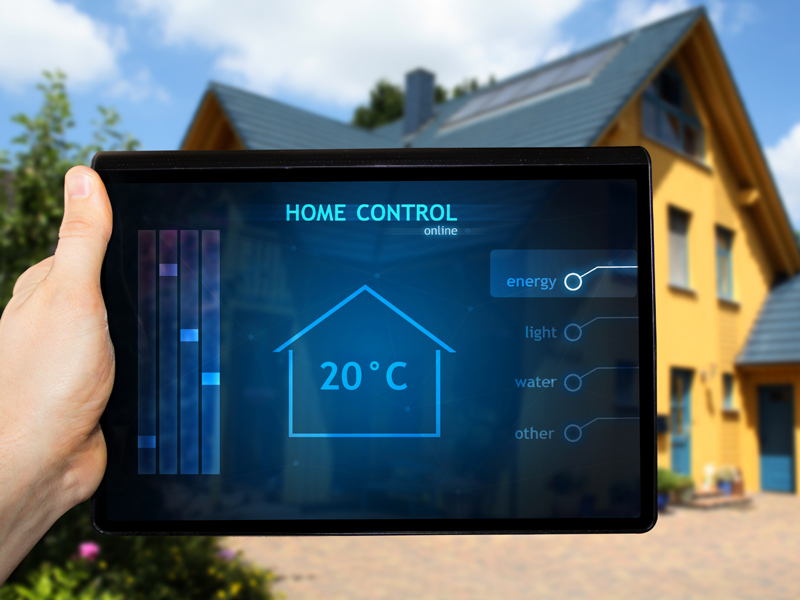
Intelligent control of household appliances is not new in the electronics market. All of this can be bought and used today, the only question is the price. Cheaper technologies will make automation of household processes available to many more people.
21. Unlimited and free data storage
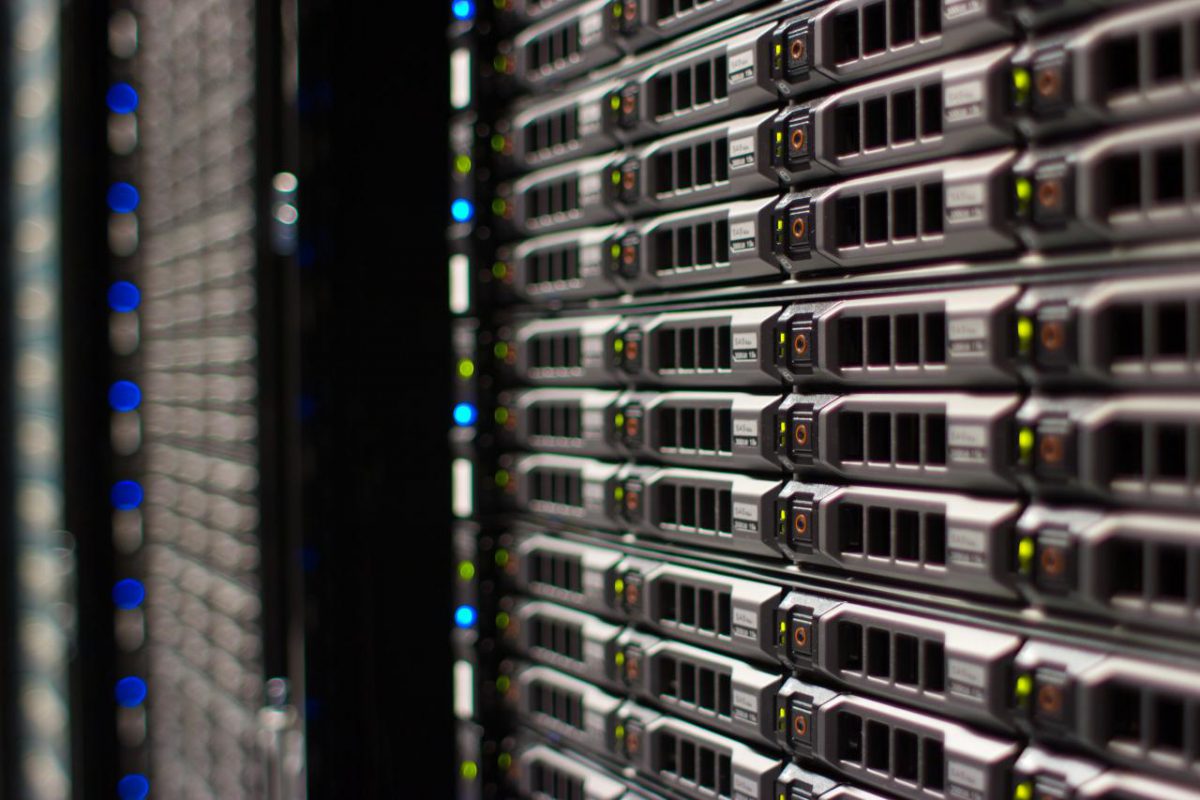
Deleting files to free up disk space will be a thing of the past. In two years, 90% network users will have unlimited and free data storage.
Already today, some companies offer cheap or completely free services. For example, Google Photos offers unlimited photo storage, Amazon will allow you to store an unlimited amount of information for $60 per year.
The main reason companies will take this step is the fall in prices for storing information. This has spurred users - 90% of all data has been downloaded over the past two years.
However, this reason may not be a 100% example. Microsoft recently shut down a project that offered unlimited storage on the OneDrive cloud service.
22. The first robot pharmacist will start working

Robots have been used in the manufacturing industry for a long time, but as they become more advanced, we will see them in the service industry.
Respondents predict that we will see the first robot pharmacist in the United States by 2021.
23. The first implantable mobile phone
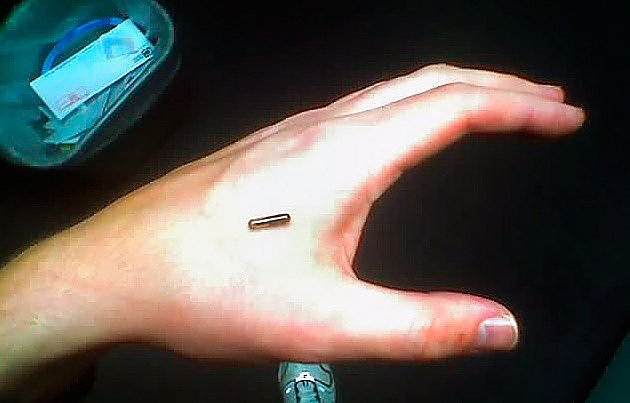
Smartphone addiction will take on a whole new meaning by 2025.
Some 80% respondents predict that the first implantable mobile phone will be available for retail sale within nine years. The device could potentially track a person's health with high accuracy and allow them to communicate with their thoughts via waves or signals rather than words, the report says.
Devices implanted to improve health, such as pacemakers and cochlear implants, are commonplace. And it is likely that we will see widespread adoption of implantable technologies before 2025.
24. The government will collect taxes via blockchain for the first time

The digital currency Bitcoin uses a mechanism called blockchain to carry out payment transactions. Blockchain is essentially a public, shared ledger. Those who control the system keep it up to date by constantly monitoring transactions. The ledger is accessible to everyone, but users cannot edit it.
Blockchain technology has been proposed for use in public databases, such as property rights to land or other goods. In the Economist, NASDAQ suggests using the recording technology in trading private company securities.
Blockchain is expected to reach peak popularity in a few years, and by 2023 the first government will collect taxes using the technology.












